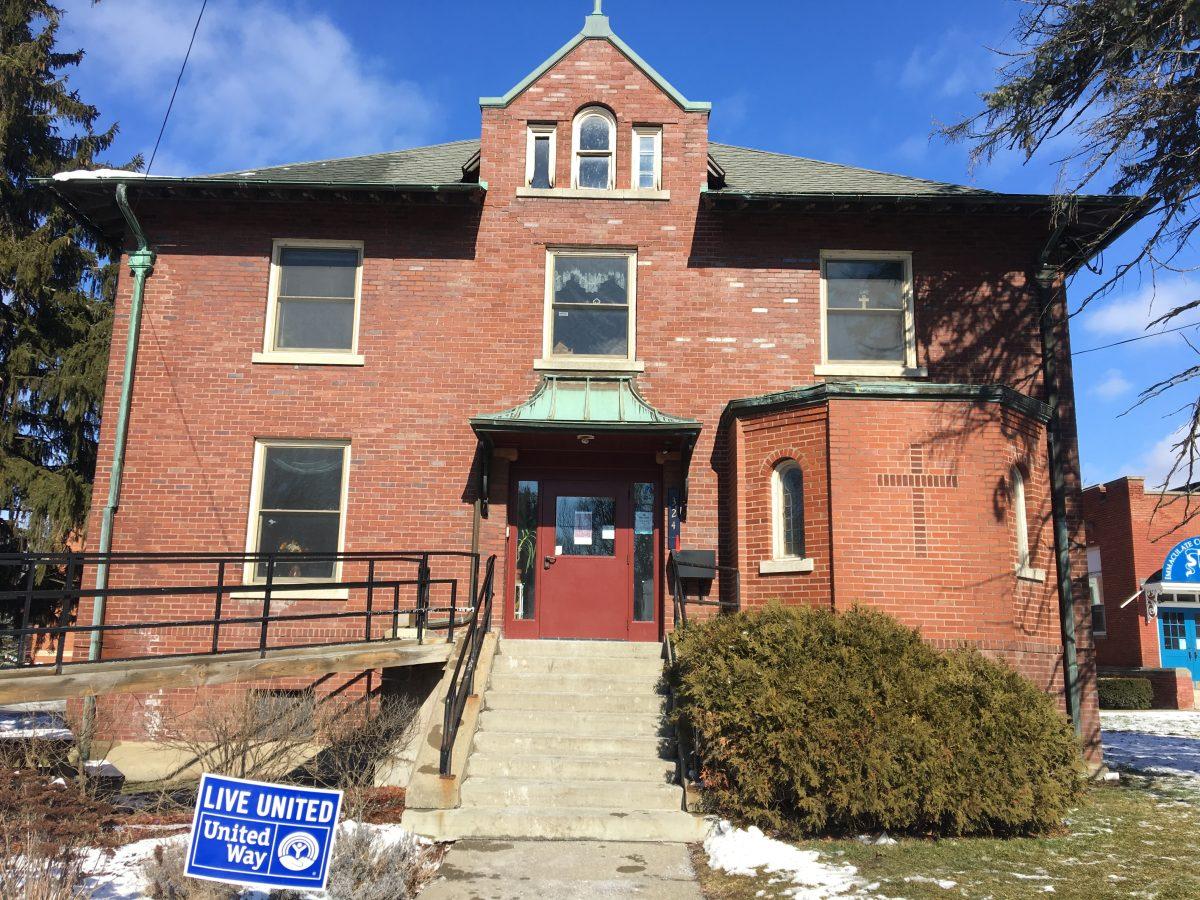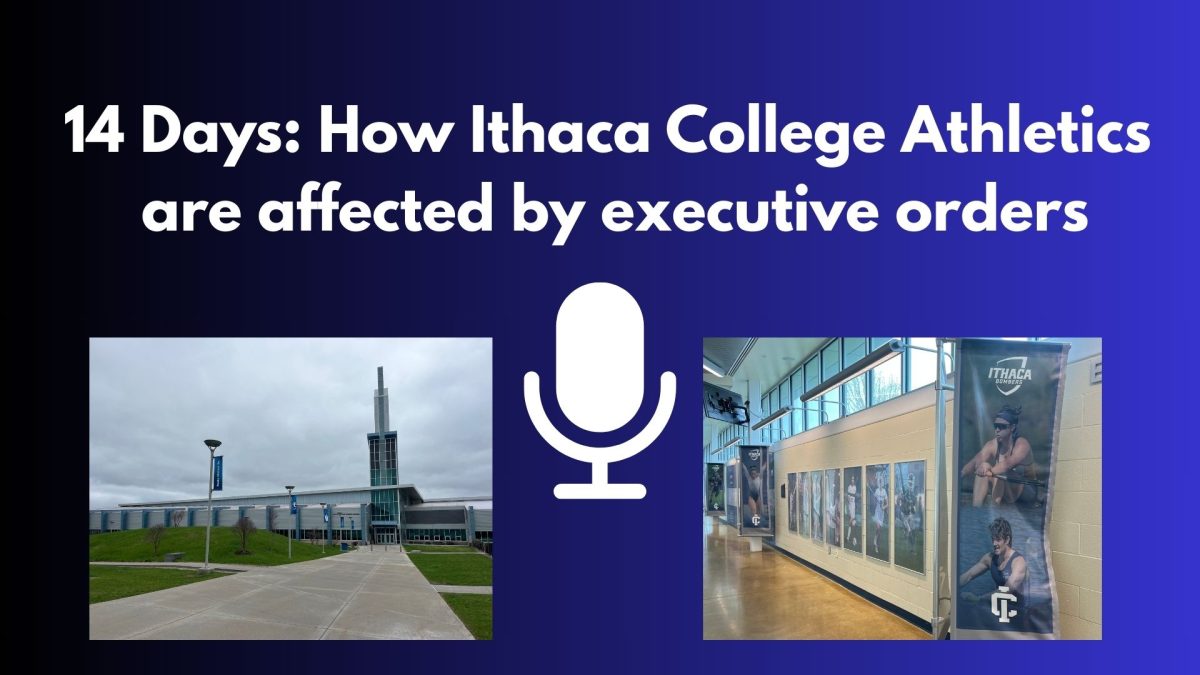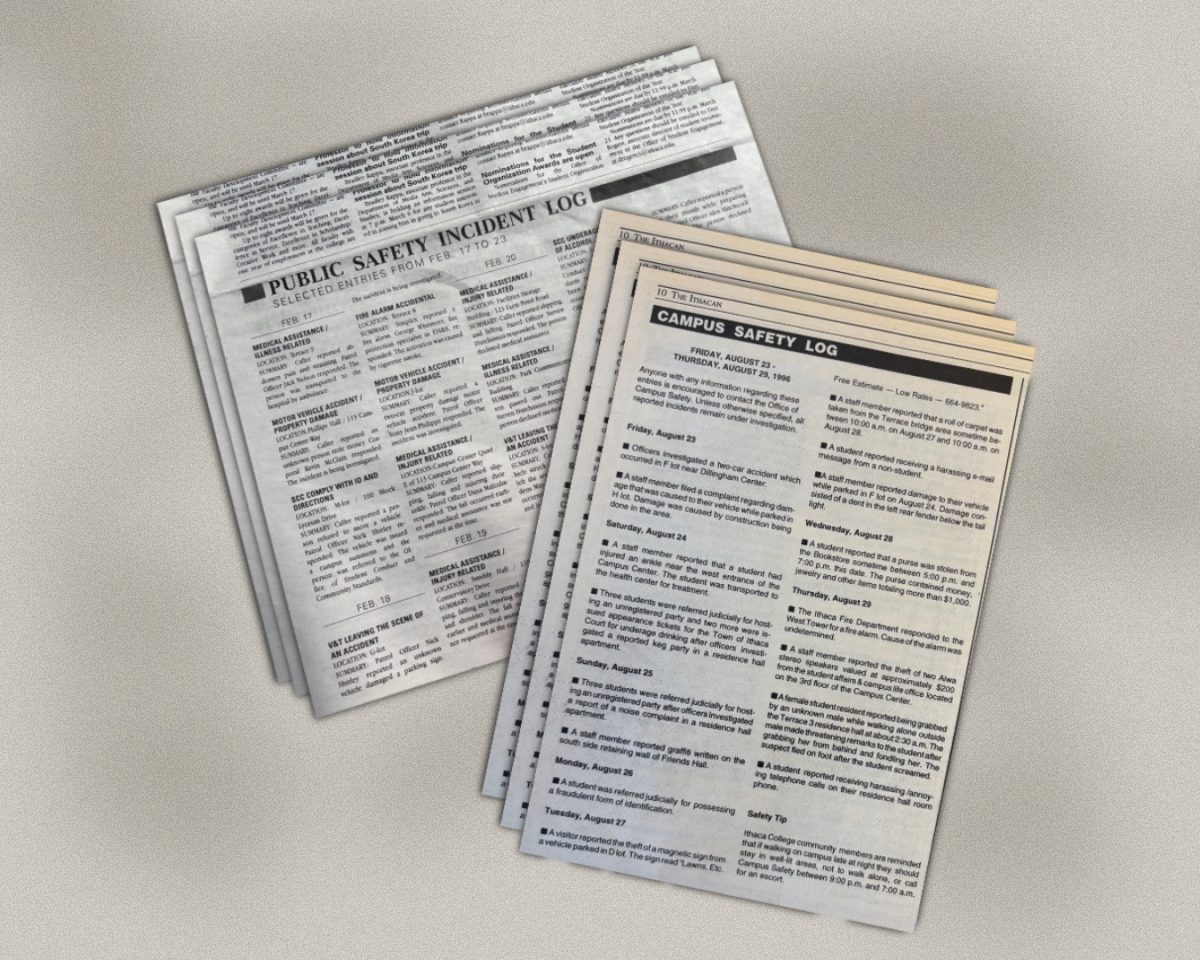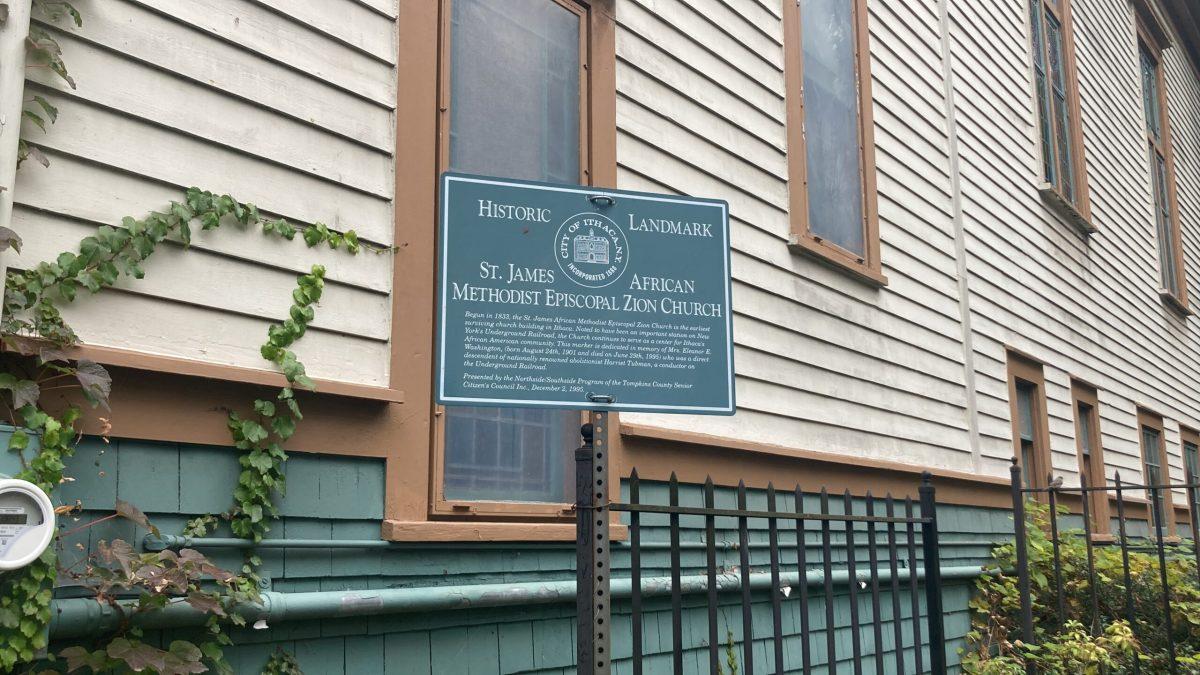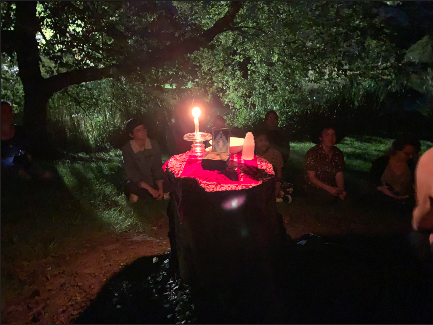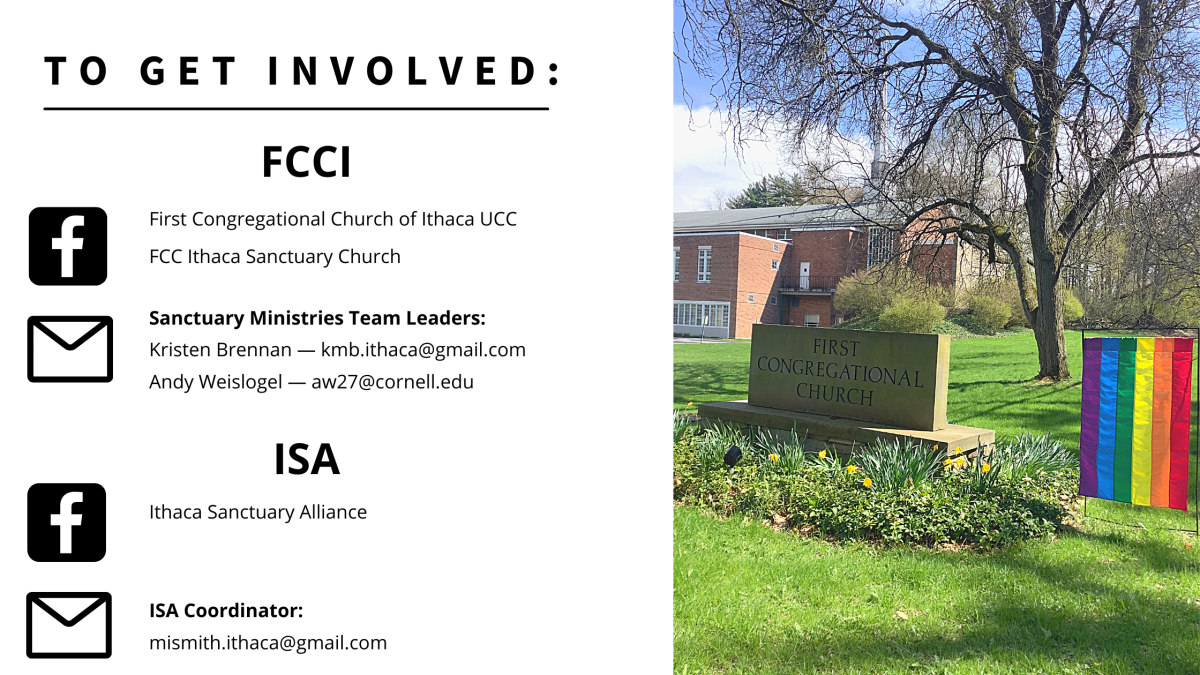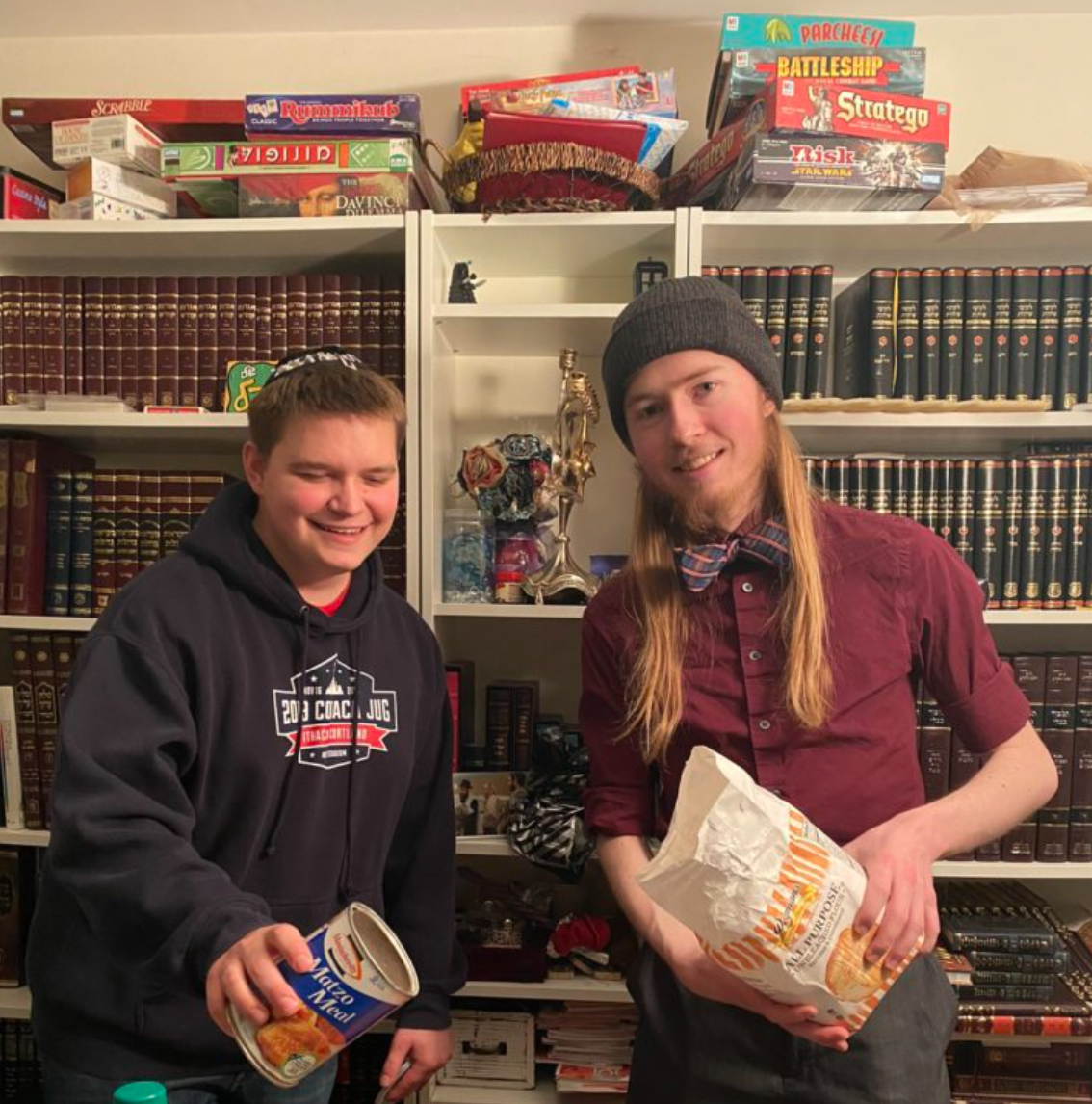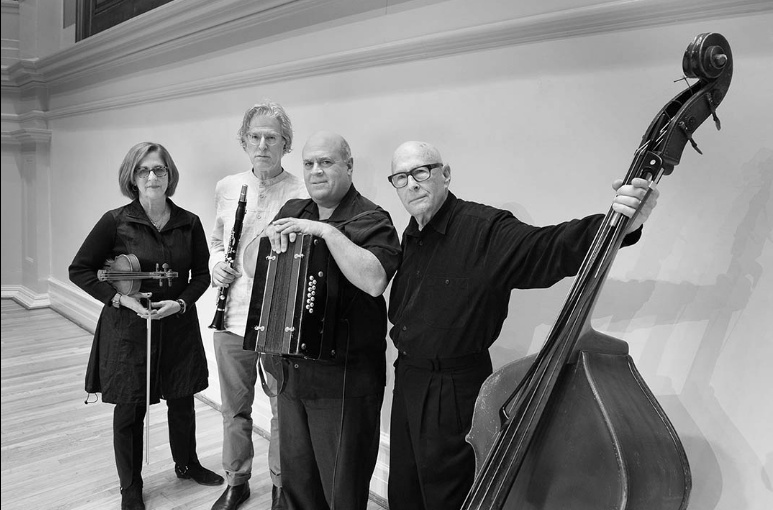Ithaca first became a sanctuary city in July of 1985. Granting “[protection] and [maintaining] human rights for Ithaca’s citizens and for all who come within its borders,” was the resolution created by the Common Council for El Salvadoran and Guatemalan refugees of the time. The debate over Ithaca’s sanctuary status continues today over two decades later in regards to refugees from the Middle East during the times of President Donald Trump’s travel ban.
Shortly after the election, The City of Ithaca’s mayor, Svante Myrick, took to Facebook to pledge his help in the fight for Syrian refugee relocation.
“I will do everything in my power to welcome Syrian refugees to Ithaca,” Myrick wrote. Referencing Americans’ negative attitudes surrounding the acceptance of Jewish refugees during World War II. “If we turn away all Syrian refugees, we are committing the same sin.”
On Jan. 27, President Donald Trump signed an executive order entitled “PROTECTING THE NATION FROM FOREIGN TERRORIST ENTRY INTO THE UNITED STATES.” The order barred all persons from certain “terror-prone” nations from entering the U.S. for 90 days and suspended the U.S. Refugee Admission Program for 120 days. The Trump Cabinet will reinstate the program “only for nationals of countries for whom” they deem can be properly vetted.

“I hereby proclaim that the entry of nationals of Syria as refugees is detrimental to the interests of the United States and thus suspend any such entry,” reads the order signed by Trump.
This executive order was largely regarded as a Muslim ban as the counties affected — Iran, Iraq, Syria, Sudan, Libya, Yemen and Somalia — have a Muslim-majority population.
The order has since been suspended as it was ruled that it brought harm to individuals, business and universities. The Ninth U.S. Circuit Court of Appeals made a unanimous decision Feb. 9 to revoke President Trump’s ban on travelers from predominantly Muslim nations.
Congressman Tom Reed (R), of the 23rd District of NY, voted in support of the controversial travel ban, according to an article in the Washington Post.
“We are confident these orders will be carefully and fairly implemented, with strong oversight by Congress,” Reed said.
Reed further expressed his support Jan. 30 for Trump’s executive order saying, “we care about keeping Americans safe from the threat of radical Islamic Terrorism both at home and abroad … It is critical that we look past the hyperbolic rhetoric from both sides of this issue and remain dedicated to ensuring the security of American citizens first and foremost. We are confident these orders will be carefully and fairly implemented, with strong oversight by Congress.”
Reed was also in support of the American Security Against Foreign Enemies Act (SAFE Act), which added the FBI to the screening process, in addition to the Department of Homeland Security, before allowing refugees to enter the country.
Reed’s support of the ban contrasts with the views of some constituents in his district, namely those in the City of Ithaca, where overwhelming efforts have been in place by ithaca Welcomes Refugees and Catholic Charities of Tompkins/Tioga have been working for months to resettle families of refugees from the now-banned countries in the community.
On Jan. 27 the mood in the office of Catholic Charities of Tompkins/Tioga was tense. A nervous buzz filled the office as workers whispered about Trump’s order. Not only was the order making national headlines and receiving constant news coverage, but it would have a particular effect in Ithaca, New York.
After months of preparation, Catholic Charities of Tompkins/Tioga was approved by the U.S. State Department in October 2016 as a Refugee Reception and Placement Site. However on Jan. 27 all of the work was threatened and the future left uncertain as the order barred many of the immigrants the charity was to take in.
However, in early February, the local site received word that they would soon be receiving a family from

Afghanistan as the first people to be welcomed through the new program.
Sue Chaffee, Director of Catholic Charities’ Immigrant Services Program said the family is entering the U.S. under the Special Immigrant Visa (SIV) program for people who were employed by or on behalf of the United States government in Afghanistan or Iraq.
The process of obtaining SIV status is rigorous, Chaffee said, and administered by the U.S. State Department, which issues these visas in very limited numbers. This is a different immigration status than people who have been vetted and designated as refugees by the United Nations High Commission on Refugees. However, once these SIV holders enter the U.S., they are welcomed and oriented to life in this country through refugee resettlement agencies like Catholic Charities.
But, this family is likely the last family that will enter Ithaca for an unknown period of time. With the Ninth Circuit ruling allowed refugees who had advanced booking notices into the country again, the uncertainty of how further court cases will be decided or new executive orders will be worded, means that Catholic Charities staff is unable to predict the timing of any future resettlement of refugees, Chaffee said.
“It’s bittersweet because they were supposed to be one of 10 or 12 families and instead we’re just getting one,” Chaffee said. “We don’t know the future, what’s going to happen, so we have to wait and see what’s going to happen. The next two that we were slated to receive were going to be Syrian refugees … we’re not anticipating them anytime soon.”
The Committee of U.S. – Latin American Relations (CUSLAR) at Cornell University is led by Tim Shenk, where the organization seeks to promote justice and mutual understanding among the people of the United States, Latin America and the Caribbean. The fight for the right of self-determination confronting Latin

American and Caribbean migrants is similar to the one being fought by Syrian and Middle-Eastern refugees as well.
The obstacles faced by refugees and migrants have been exacerbated under the current administration, Shenk believes.
“From the beginning of Donald Trump’s presidential campaign, he has used gross and general stereotypes about immigrants and refugees, tying them to crime, poverty, parasitic behavior, even terrorism,” Shenk said.
Shenk believes however that solidarity and strong political movements to redistribute power and resources to the people of the planet will be the ultimate result of the challenges our nation is facing.
“Seeing such tremendous outpouring of outrage and resistance, and also love and solidarity, among so many groups that have been traditionally pitted against each other, has been incredibly heartening,” Shenk said. “So many people know history and are using powerful examples from U.S. and world history to stand up and fight for each other.”

